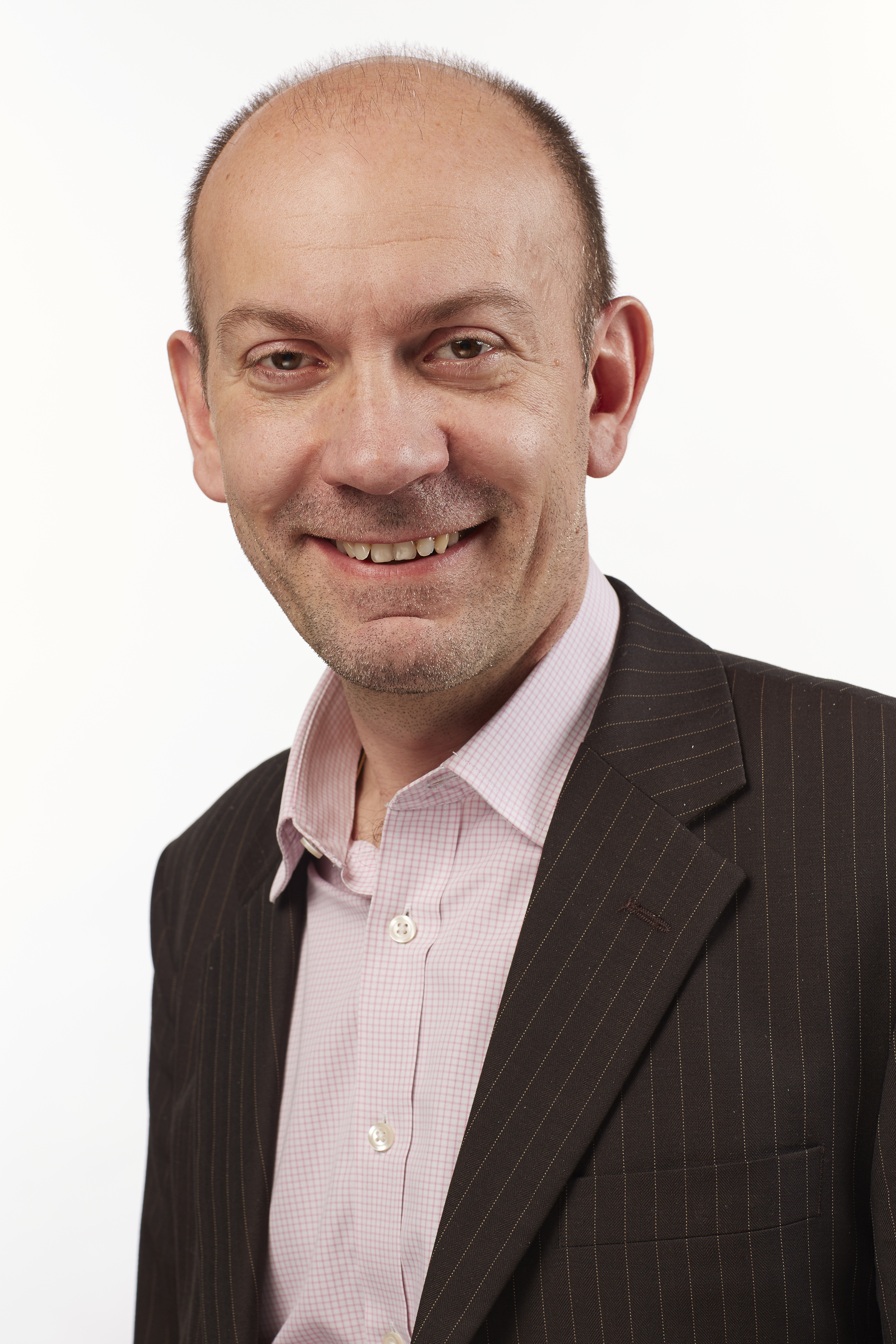Davide Stronati, Clare Hall, 2003/04
Davide is an internationally experienced corporate responsibility and sustainability professional, specialised in strategy, leadership and change management for private companies globally and in the public sector in Europe.
He holds a Degree in Environmental Engineering, summa cum laude from the University of Trieste in Italy (1997) and an MPhil in Engineering for Sustainable Development from the Cambridge – MIT Institute (2004).
Joined Mott MacDonald in 2006 in the United Kingdom, he was seconded to Anglian Water for almost five years. He was instrumental in leading the carbon strategy that is allowing the water utility company to be considered at the cutting edge of low carbon asset delivery among infrastructure companies worldwide. He won the 2010 USIT Harvard Award on leadership for pioneering corporate responsibility and sustainability as a change management strategy, allowing him to follow the High Potentials Leadership Programme at Harvard Business School in Boston, US.
Since November 2012, he returned to Mott MacDonald as the Global Sustainability Leader reporting directly to the Chairman. Strong of his practical experience that proved sustainability delivers efficiencies, growth and innovation, he is using his skills in liaising globally with Executives, Directors, Managers and teams to help them leading on sustainability, managing programmes and innovative approaches tailored to achieve behavioural changes necessary to realise long-term business benefits.
He works with Mott MacDonald clients around the world to deliver value through sustainability in the transport (aviation, railway, metros, roads), water and energy sectors.
Regularly invited speaker at conferences and as a guest lecturer at the University of Cambridge, UCL and Imperial College in London, he is also the Chair of the Sustainability Guidance Panel at the Institution of Civil Engineers in the United Kingdom (ICE); the Editorial Advisory Panel ICE’s journal Engineering Sustainability; the MSc Management Business Advisory Board at Imperial College Business School; the Standard Committee of SuRe, Standards for Sustainable and Resilient Infrastructure at the Global Infrastructure Basel in Switzerland.
Dissertation title:
Corporate Sustainability: a tool to progress sustainable development
Students report:
Why did you do the ESD MPhil?
The MPhil programme was the perfect match to what I was looking for to complement my knowledge and experience in environmental engineering. A programme organised by the two of the best universities in the world (University of Cambridge and MIT), giving me also access to institutes and schools which were complementary to engineering, attracting the best global talents with the vision to make an impact in improving human conditions.
How did it help you?
The MPhil programme gave me a boost of self confidence in making a change in organisations to embrace sustainability, expanded my knowledge to topics I was never exposed before, stretched my boundaries to become a global leader.
What are you doing now?
I am working as the Global Sustainability Leader at Mott MacDonald, one of the biggest engineering companies in the world. I report directly to the Chairman and I am in charge to lead 16,000 colleagues to use our ingenuity to deliver lasting value for all, our approach to sustainability. I also meet and advise clients on how they can become leading organisations in sustainability.

